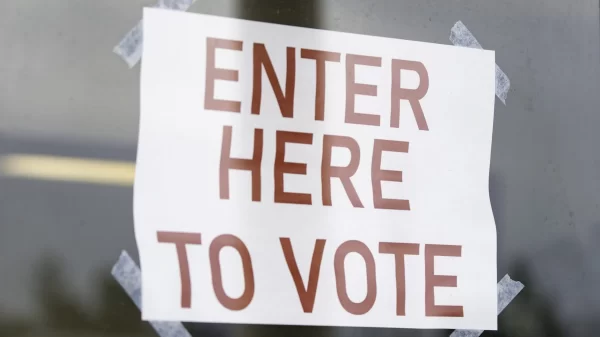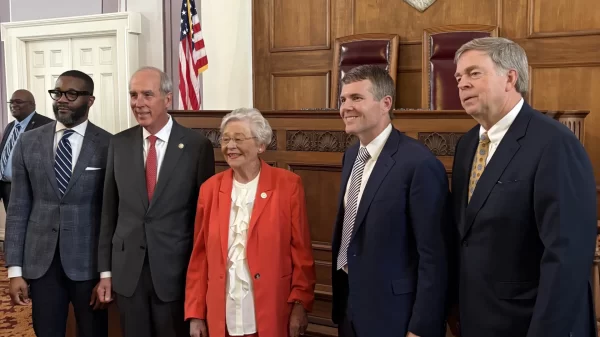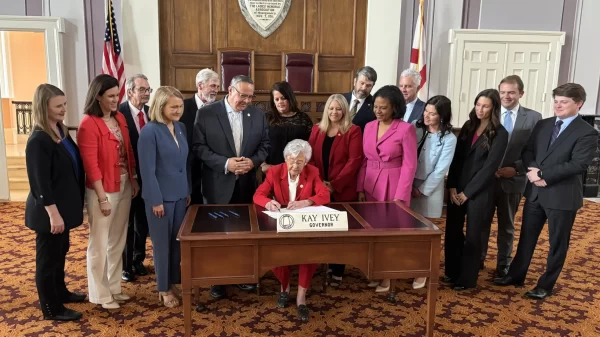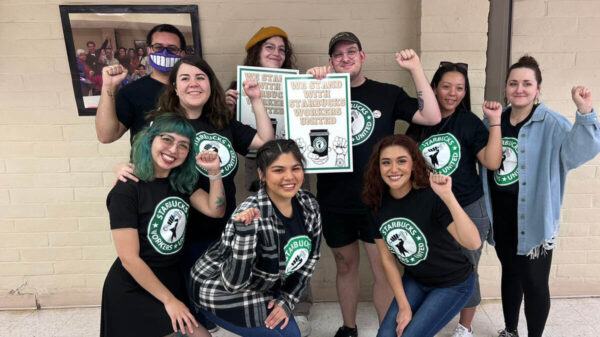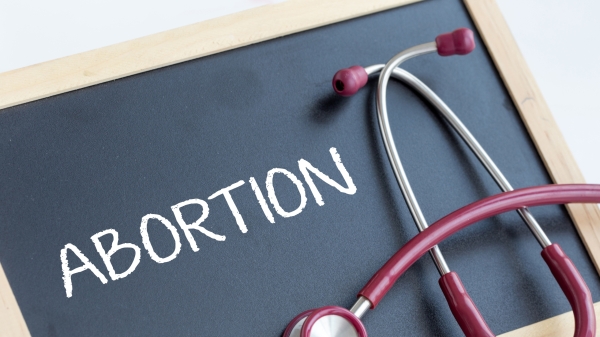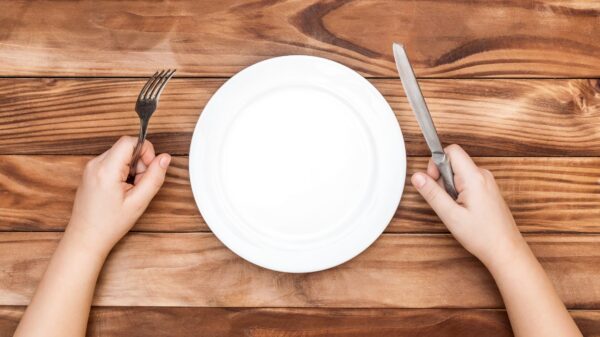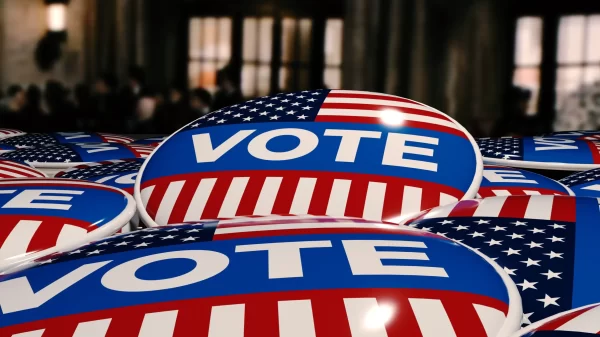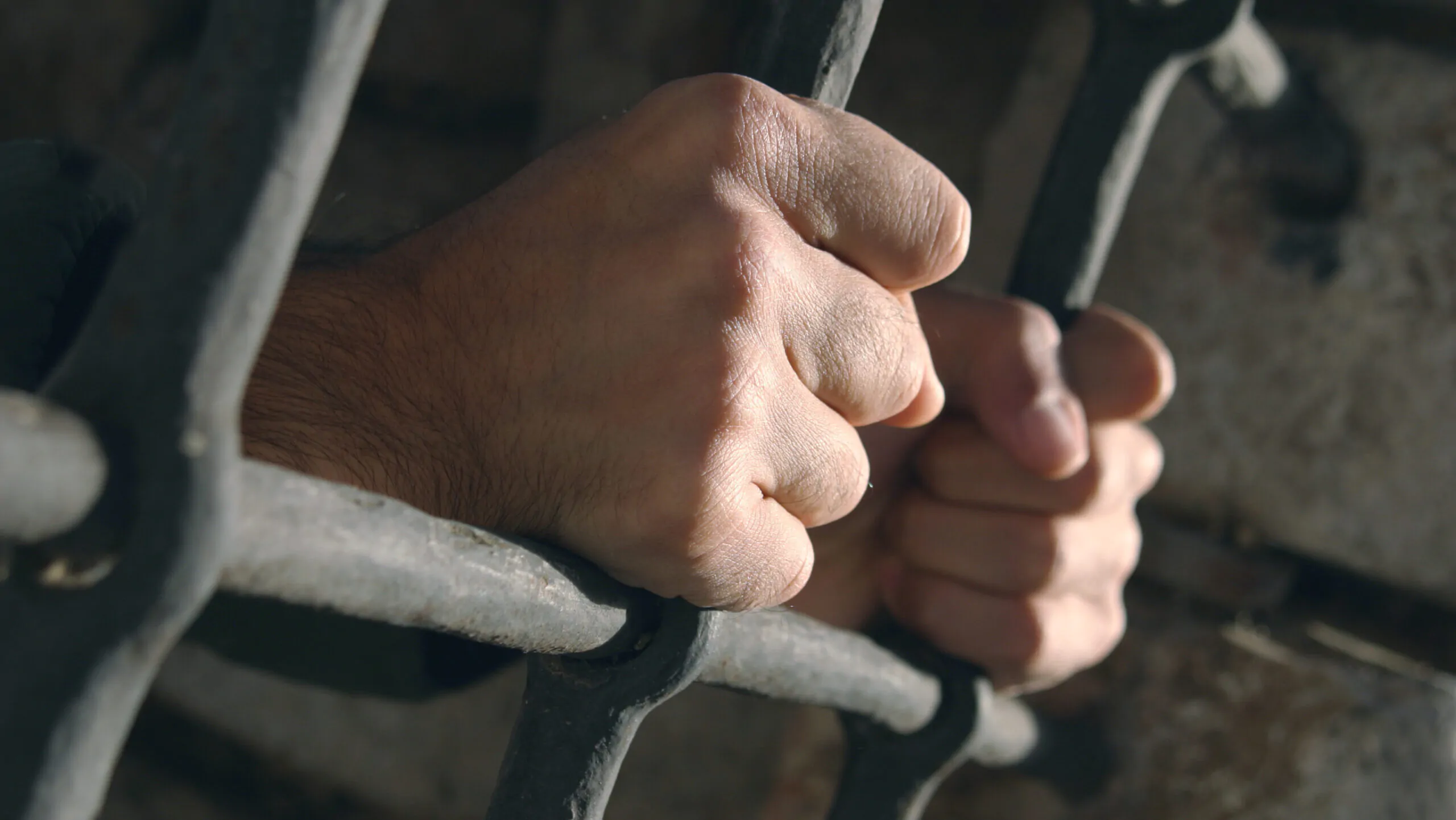Alabama’s prisons aren’t tough enough.
That’s the opinion of Rep. Chris Sells, a Republican who has introduced a bill that would allow Alabama’s Department of Corrections to contract with foreign governments to house Alabama’s incarcerated citizens in foreign prisons.
This is, of course, absurd on every possible front. Let’s just start with the fact that it would be illegal. We could then move on to the utter insanity of anyone on this planet who didn’t fall off a turnip truck last night believing that Alabama’s prisons are “too soft,” as Sells told al.com.
But there’s no need to argue the finer points of this, because Sells didn’t do this for serious consideration or because he’s a serious lawmaker looking to make a real difference in the state. He did it for attention, and because he watched Fox News a few times and saw the prison porn segments on El Salvador’s mega prison and the idea of treating humans terribly as a form of corrections was appealing.
Because 100 years of operating the absolute worst, most cruel prisons in America has apparently taught us absolutely nothing. Such as we can’t cruel our way out of crime.
For the life of me, in this Christian-dominated state, I will never understand why so many people cling to cruelty and meanness as the most effective forms of punishment and corrections when everything we know says it isn’t true. You’d think such measures would be employed reluctantly and only because they’re the ONLY things that work.
The opposite is true, though.
Our people seem to relish the thought of being cruel to criminals. We do it when there’s no need for it. We turn a blind eye to it when we know it’s happening.
And through it all, there’s a better way. There always has been. It’s been sitting right in front of us, year after year, for decades now. But we can’t get the Fox News cameras to Norway, apparently.
Or maybe it’s that there aren’t many cool photo ops for politicians to stand in front of miserable non-white prisoners in Norway.
Instead, Norway has adopted a system of incarceration that makes rehabilitation a priority. The system focuses on education and reducing recidivism, with a goal of turning incarcerated people into contributing members of society who never return to prison.
They accomplish this by removing the stigma of incarceration through an open-prison system, and through educational and work training programs. They keep prisoners as part of society, allowing their rights to mostly remain intact, including the right to vote.
The difference is easy to see. Alabama’s recidivism rate (the percentage of released prisoners who return to prison within two years) is around 30 percent.
Norway’s is less than 20 percent.
If you actually stop and think about it, remove the machismo from it all and consider the basic facts, you know that Norway’s approach is what’s best for everyone. What other goal should we hold besides rehabilitation?
But that’s not the way we think. And if you doubt this, you needed only to tune into Wednesday’s hearing of the House Judiciary Committee, where members were considering a bill that would overhaul the Alabama Pardons and Paroles Board.
The bill is sponsored by Republican Sen. Clyde Chambliss, who isn’t exactly known for his liberal ways. It would expand the board from three to five members and allow board members to vote on the chairman of the board (instead of allowing the governor to choose the chair).
Between the lines, though, the bill seeks to address a number of lingering issues that have plagued the the parole board – but primarily the fact that it wasn’t paroling very many people. A couple of years ago, it paroled just 8 percent of eligible prisoners.
Those numbers have improved, but the board is still falling well short of meeting even its guidelines for paroles.
Experts, family members of those incarcerated and those who are incarcerated have spoken repeatedly about the chilling effect that those failures have had on inmates in Alabama’s prisons attempting to use the programs available to better themselves. After all, why learn a skill or break a drug habit if you’re going to be locked away in a hellish prison with no hope of parole, even if you should be out?
Chambliss’s bill made it out of the committee, 8-7, despite opposition from the Alabama AG’s office. A spokesperson for that office argued that there just weren’t very many people in the state’s prisons who deserved parole. A fine argument if not for the fact that the parameters established for parole by the Pardons and Paroles Board actually indicated that around 80 percent of those denied parole qualified under those parameters.
But again, we chose cruelty. We chose meanness.
Even when doing so runs afoul of the law. Even when we know it doesn’t work.
Why is that?




